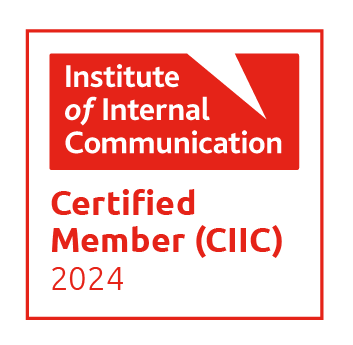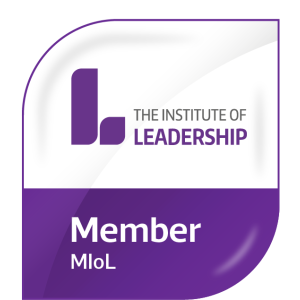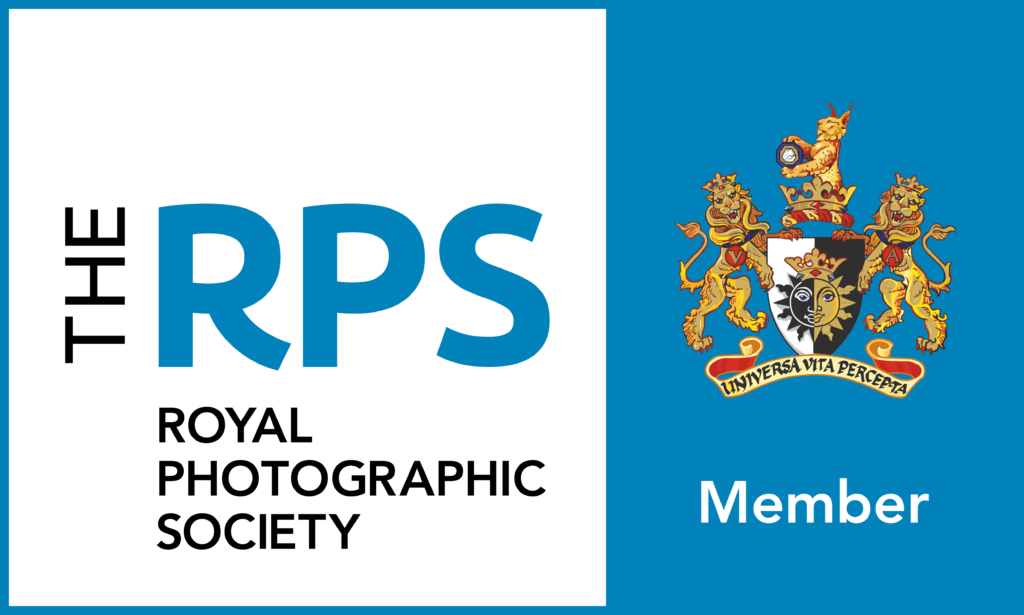Archive for November, 2021
Christ the King
Some thoughts on the readings at the Eucharist for the Solemnity of Christ the Universal King: Daniel 7:13-14; Psalm 93:1, 1-2, 5; Revelation 1:5-8; and St John 18:33-37
✠ In the readings at Mass today, we hear one of best known phrases of the Bible. Our Lord Jesus Christ affirms that He is a king, but He also affirms that His kingdom does not “belong to this world”. This was important for Him to mention, because Pontius Pilate, the Roman governor who was interrogating, was worried that Our Lord was trying to organise some king of political rebellion against the Roman Empire. Our Lord explains that he was not.
But, if Our Lord Jesus Christ is not a political king, what kind of king is He? If His kingdom is “not of this world”, what king of kingdom is it?
Pope Benedict XVI explained the answers to these questions in 2006:
[Jesus] did not come to rule over peoples and territories… but to set people free from the slavery of sin and to reconcile them with God.
Pope Benedict XVI. Angelus, 26 November 2006 https://www.vatican.va/content/benedict-xvi/en/angelus/2006/documents/hf_ben-xvi_ang_20061126.html [accessed 2021-11-20]
Ever since original sin, our fallen world has been enslaved to selfishness and separated from God. Tempted by the Devil, our first parents believed the lie that they could achieve the fulfilment, meaning, and happiness they longed for apart from God. That lie led them to disobey God’s commands, to act as if they themselves were gods. That self-centred rebellion, instead of liberating the human race, poisoned it with suffering, death, and evil. By throwing off God’s rule, we made ourselves into followers of the very first rebel against God: the Devil.
Our Lord Jesus Christ came to save us, by bringing the Light of Truth back into our darkened, confused world. What is that truth, the truth that will set us free from sin? That God is love.
By accepting God’s love in our life, we accept the antidote to the poison and are reinstated as citizens of the Kingdom fo God, where Christ is the everlasting King.
As Pope Benedict said,
The way to reach this goal is long and admits of no short cuts: indeed, every person must freely accept the truth of God’s love. He is Love and Truth, and neither Love nor Truth are ever imposed: they come knocking at the door of the heart and the mind and where they can enter they bring peace and joy. This is how God reigns; this is his project of salvation, a “mystery” in the biblical sense of the word: a plan that is gradually revealed in history.
Angelus, 26 November 2006

Three steps to accepting the Truth
Accepting Christ’s kingdom is an interior freedom, a peace and strength of soul that only His grace can give us. If up to today, we have not experienced it as deeply as we should like, maybe that is because we have not fully accepted the truth that God is love. Fully accepting that truth, which Pontius Pilate refused to do, involves at least three things.
First, it means accepting it freshly every single day. Each day we remain free to decide how we will live. Therefore, each day we have to reaffirm our citizenship in God’s Kingdom, or else we will slowly drift away from Him.
Secondly, accepting the truth that God is Love means admitting that we need God. Trying to achieve perfect happiness by our own efforts, without God, will shut ourselves off from God’s love. The most direct way to admit that we need God, to allow His Love to be part of our lives, is to come regularly to the sacrament of reconciliation. There is simply no better way to acknowledge His Kingship over our lives, to acknowledge that the law of His Kingdom is mercy.
Thirdly, accepting the truth that God is Love means striving in our daily lives to love as God loves. St Paul summarised all the laws of Christ’s Kingdom as one: love your neighbour as yourself (Romans 13:9). When we refuse to forgive, to serve, to treat others as we would have them treat us, we distance ourselves from the God Who is Love, refusing to accept His friendship.
Today, as we celebrate Christ the Universal King, let us thank Him for binging us the Truth that will set us free. And, let us ask humbly for the grace to accept that Truth—that God is Love— every single day of our lives.
We will remember them: the Dublin Scouts who died in the First and Second World War
Each year at Remembrancetide, I try to find some connection with those who served in the First and Second World Wars to make it mean something more to me. This year, I thought that it would be good to see if there were connections with Dublin where I currently am a Scouter with Scouting Ireland.
With thanks to the Scouts Roll of Honour hosted by The Scout Association in the UK, we are able to find out that there were at least eight Scouts/Scouters from Dublin troops who died in the First World War, and at least 16 in the Second World War.
Their names and troop information are listed below, together with information about their service and when they died where it is known.

First World War
| Name | Date of death | Service | Scout connection |
| Captain G.G. Duggan | 17 August 1915 | 5th Battalion Royal Irish Fusiliers | Honorary Secretary Financial Committee Dublin Boy Scouts |
| Able Seaman Robert Valentine | HMS Vanguard | Late Scout, 7th Co. Dublin (Donnybrook) Troop | |
| Private Fred Burrows | 13 November 1916 | Royal Dublin Fusiliers | Late boatman, 1st Port of Dublin Sea Scouts |
| Trooper Philip de Ruyter | 13 December 1917 | South Irish Horse | Late Patrol Leader, 1st Port of Dublin Sea Scouts |
| Bernard Ferries | Carpenters’ Crew, HMS Vanguard | Late Assistant Scoutmaster, 1st Port of Dublin Sea Scouts | |
| Seaman Henry Mills | HMS Indefatigable | Late Boatman, 1st Port of Dublin Sea Scouts | |
| Private A.W. Fowler | 4 September 1918 | Hampshire Regiment | Late Scout, 6th County of Dublin (Leeson Park) Troop |
| Corporal Albert E. Narramore | 8 October 1918 | Royal Dublin Fusiliers | Late Scout, 6th South Dublin (Leeson Park), Troop |
Second World War
| Name | Date of death | Service | Scouting connection |
| Engineer Francis James Burke | 16 April 1942 | Royal Navy | 28th Dublin Group |
| R. Hall | Royal Air Force | 8th Dublin (Clontarf) Group | |
| Sergeant Observer T.C. Hammond | September 1939 | Royal Air Force | 6th South Dublin (Leeson Park) Group |
| E. Howley | Army | 8th Dublin (Clontarf) Group | |
| Sergeant W.E.B. Jesse DFC | Royal Air Force | 32nd Dublin Group | |
| Ordinary Seaman Edward Kearney | 19 September 1941 | Merchant Navy | 2nd Port of Dublin (Clontarf) Group |
| Chief Officer John Knight | 17 February 1941 | Merchant Navy | 3rd Port of Dublin Sea Scout Group |
| W. Lloyd | Royal Artillery | 6th South Dublin (Leeson Park) Group | |
| Flight Sergeant Edward Walter McGrath | 29 November 1944 | Royal Air Force | 1st Dublin (Lord Holmpatrick’s Own) Group |
| Leading Aircraftman Thomas J. Murray | 16 July 1940 | Royal Air Force | 28th Dublin Group |
| Gunner Bernard O’Rafferty | 9 June 1941 | Royal Navy | 3rd Port of Dublin Sea Scouts |
| Sergeant D. Orr | Royal Air Force | 33rd Dublin (Sandford Church) Group | |
| Sergeant D. Rowe | Royal Air Force | 33rd Dublin (Sandford Church) Group | |
| Horace Savage | 24 July 1943 | Army | 8th Dublin (Clontarf) Group |
| Lieutenant C. Small | Army | 33rd Dublin (Sandford Church) Group | |
| Rear Gunner A. Thompson | Royal Air Force | 13th Dublin (1st Blackrock Avoca School) Group |
Tomorrow morning, when there is a two minutes’ silence whilst I am at church, I will be thinking of these Scouts and Scouters who died in the service of their King and Country during both the First and Second World Wars. I will also give thanks for the peace that we enjoy in our day and age. I hope that Dublin Scouts will remember their fallen still.
At the going down of the sun,
Laurence Binyon, For the Fallen.
and in the morning,
we will remember them.
Two minutes of silence to remember
Every year since 1919, the nation has paused for two minutes in silence remembering the millions of men and women from Britain, Ireland and the Commonwealth who have served and sacrificed in defence of our democracy and way of life. Remembrance unites our communities across faiths, cultures, and generations, and the Royal British Legion want to inspire and encourage a new generation to take part in the two-minute silence and to engage with Remembrance in either traditional or new ways.
Therefore, for this Armistice Day and Remembrance Sunday, we have created a new ‘Pause’ film featuring spoken word artist Eno Mfon. This film both underlines why it is so important that we pause, breathe and reflect together for two-minutes as well as providing an engaging platform to discuss Remembrance and what it means to individuals and communities.
Royal British Legion
The Legion would like to encourage you to share the Pause film with your family, friends, networks and community, so we all pause, breathe and reflect together this Armistice Day and Remembrance Sunday.
You can find the Pause film on via this link:
You can read more of my thoughts about Remembrance at Our Brave Boys: some thoughts on Armistice 100.













